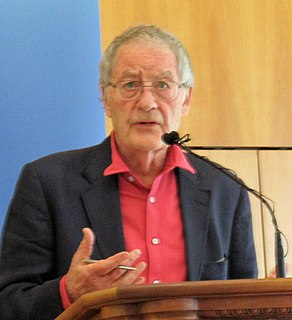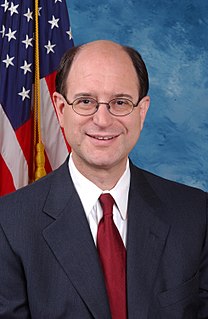A Quote by George Monbiot
We should be cautious about embracing data before it is published in the academic press, and must always avoid treating correlation as causation.
Related Quotes
The liberty of the press is indeed essential to the nature of a free state: but this consists in laying no previous restraints upon publications, and not in freedom from censure for criminal matter when published. Every freeman has an undoubted right to lay what sentiments he pleases before the public: to forbid this, is to destroy the freedom of the press: but if he publishes what is improper, mischievous, or illegal, he must take the consequence of his own temerity.
Sometimes differences arise partly from incomplete information. We are finite. And we should admit that there are cases of uncertainty. But often the differences become exacerbated because of sinful inclinations underneath the surface, which incline us to prefer our own ideas and not to submit to what is less comfortable. We must be cautious about accusing anyone else of sin. We don't know people's hearts. But we must also avoid being naïve about the subtlety of sin and the corrupting effects of sin on the mind - our own minds, not only the mind of the other fellow.






































